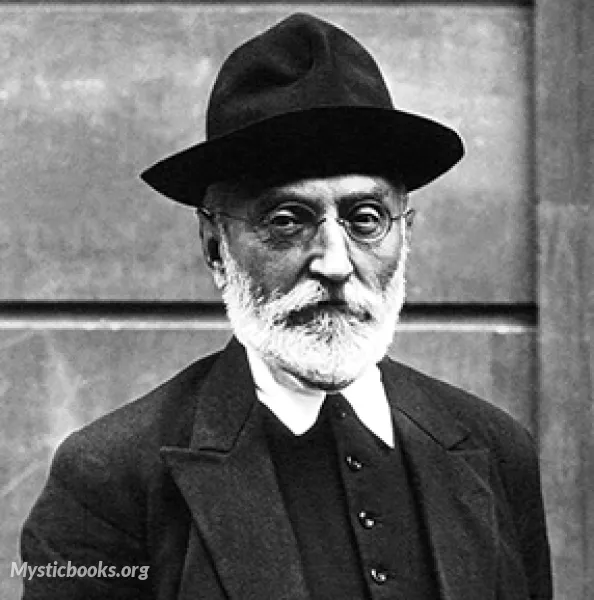
Timeline
Title
Country/Nationality
Miguel de Unamuno
Miguel de Unamuno (September 29, 1864 – December 31, 1936) was a Spanish essayist, novelist, poet, playwright, philosopher, and professor of Greek and Latin literature. He was a leading figure in the Generation of '98, a group of Spanish intellectuals who reacted against the political and social stagnation of Spain in the late 19th century.
Who was he?
Unamuno was born in Bilbao, Spain, into a Basque family. He studied philosophy and literature at the University of Salamanca, where he later became a professor. He was a prolific writer, and his works include essays, novels, poems, plays, and philosophical treatises.
What was his principles?
Unamuno was a complex and contradictory figure. He was a passionate advocate for individual freedom and human rights, but he was also a devout Catholic. He was a critic of the Spanish government, but he was also a patriot.
What was he famous for?
Unamuno was famous for his outspokenness and his willingness to challenge authority. He was also known for his deep insights into the human condition. His most famous work is the novel Niebla (1914), which explores the themes of free will and determinism.
Notable works:
- Niebla (1914): A novel that explores the themes of free will and determinism.
- The Tragic Sense of Life (1912): A philosophical treatise that explores the problem of suffering and the meaning of life.
- Abel Sánchez: A History of a Passion (1917): A novel that explores the themes of jealousy and rivalry.
- Saint Manuel Bueno, Martyr (1933): A short story that explores the themes of faith and doubt.
His philosophy?
Unamuno's philosophy was influenced by a variety of sources, including existentialism, phenomenology, and Christian mysticism. He was a proponent of the idea that the individual is the only reality, and that life is a mystery that cannot be fully explained by reason.
When did he die & how is he remembered?
Unamuno died in Salamanca in 1936, during the Spanish Civil War. He was a vocal critic of the fascist regime of Francisco Franco, and his death was seen as a martyrdom by many Spaniards.
Unamuno is remembered as one of the most important Spanish writers and thinkers of the 20th century. His work continues to be read and studied by scholars and students around the world.
Books by Miguel de Unamuno
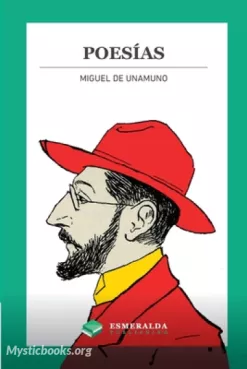
Poesías
Sumérgete en el mundo profundo y apasionado de la poesía de Miguel de Unamuno con "Poesías", una colección que trasciende el tiempo y las emociones. A través de versos que se entrelazan como hilos de la vida misma, Unamuno nos lleva a explorar los mi...
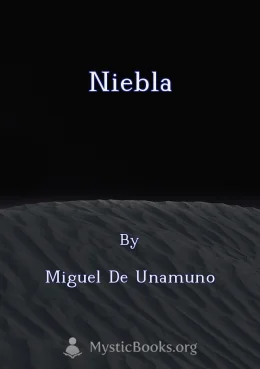
Niebla
Niebla, a novel by Miguel de Unamuno, delves into the philosophical complexities of existence through the story of Augusto, a young man of affluence grappling with profound existential questions. The narrative explores themes of self-doubt, free will...
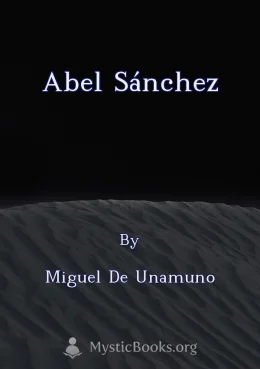
Abel Sánchez
This is a story of two friends, Joaquín and Abel, whose friendship is destroyed by Joaquín's envy of Abel and his own personal failures.
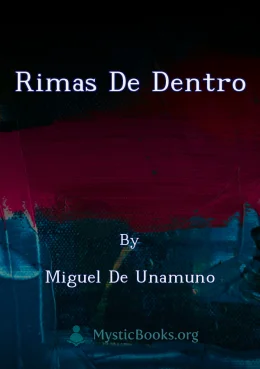
Rimas de dentro
“Rimas de dentro” es una colección de poemas de Miguel de Unamuno, uno de los escritores más importantes de la literatura española. Los poemas abarcan diferentes etapas de la vida de Unamuno y temas como la muerte, el amor, la fe, la identidad y la e...
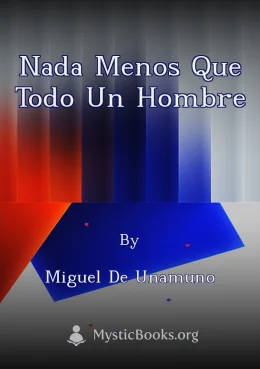
Nada menos que todo un hombre
The novel explores the complexities of love, identity, and the human condition through the story of Alejandro, a wealthy man with a mysterious past, and Julia, a young woman forced into marriage. Alejandro, practical and unromantic, struggles to unde...
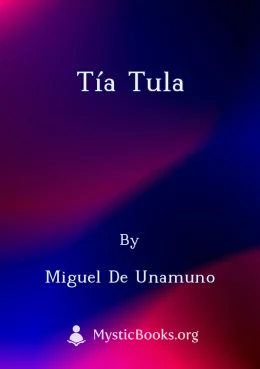
tía Tula
The story of tía Tula, a young woman who chooses to remain unmarried and dedicate her life to caring for her sister's children. After the death of her sister, Rosa, Tula takes on the role of mother to Rosa's children, Ramiro and María. She finds fulf...